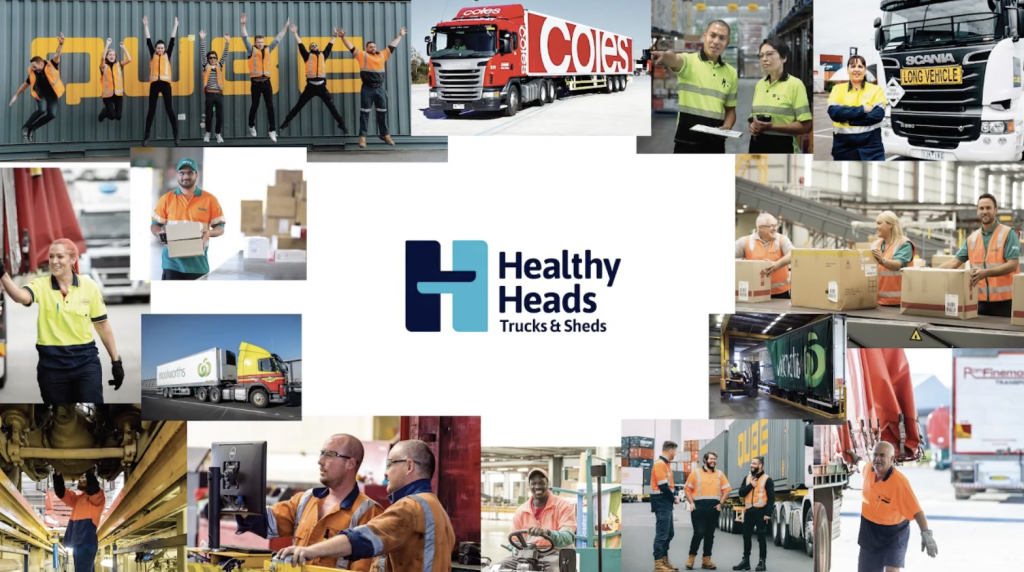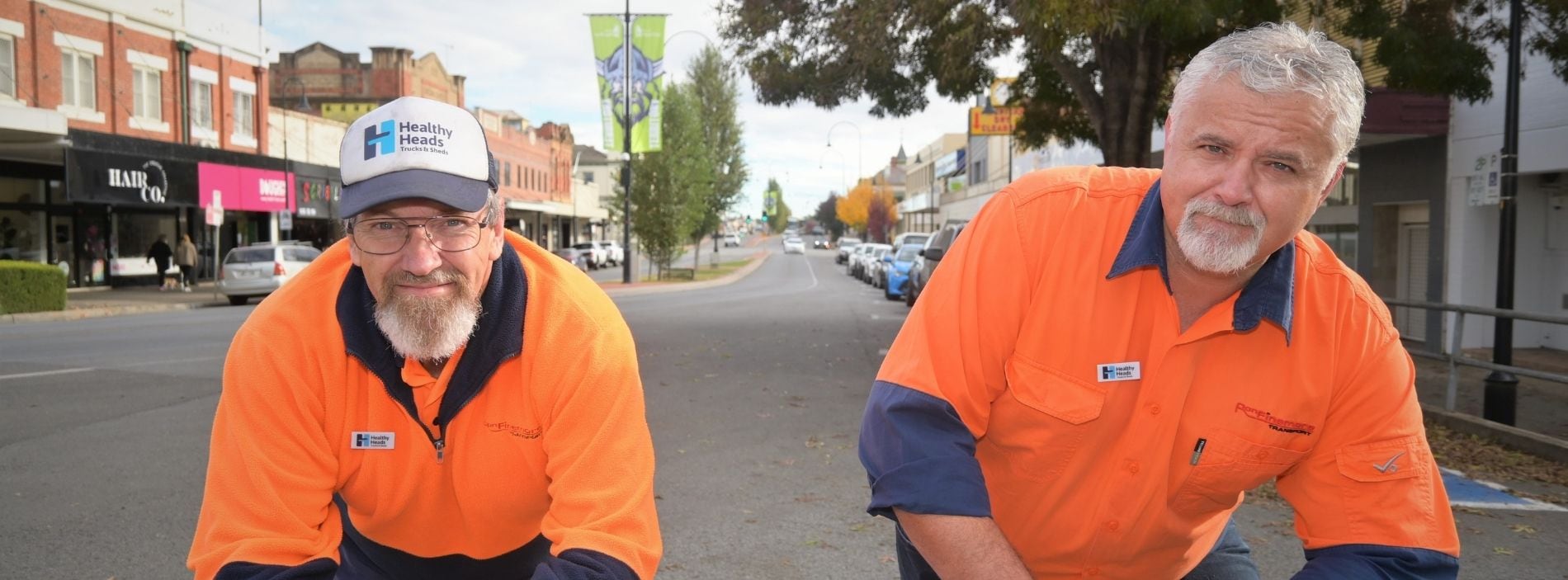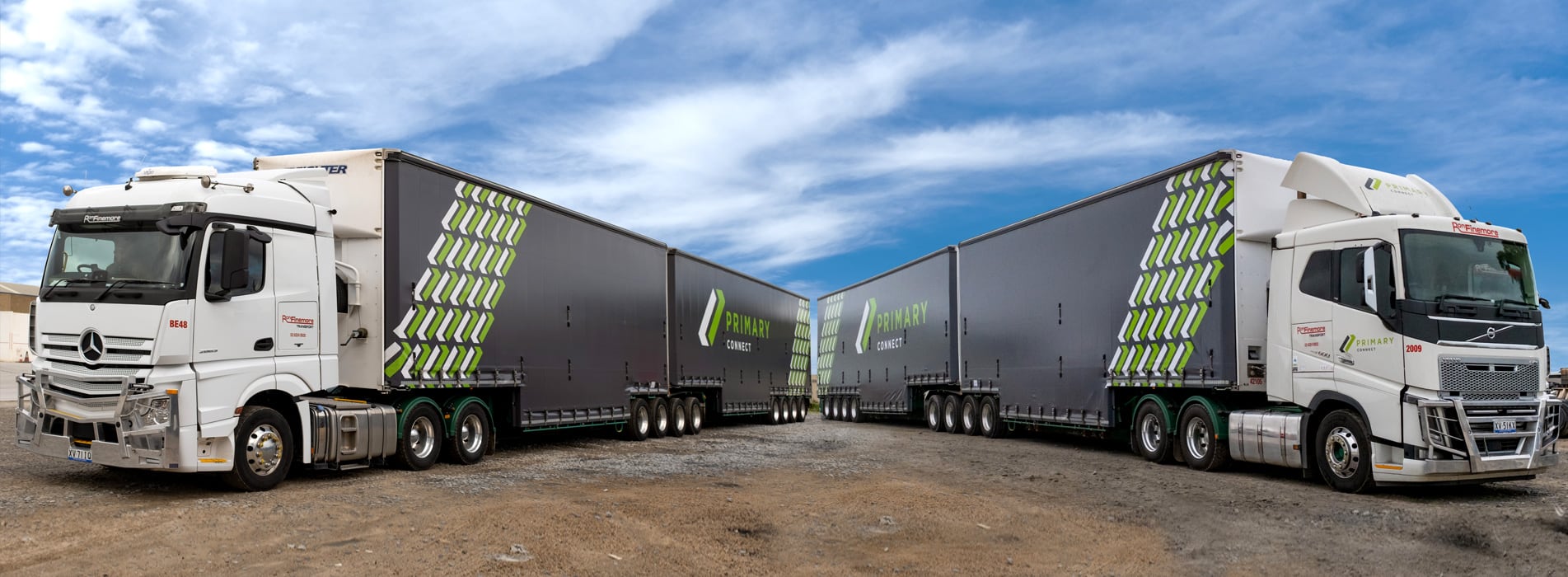Healthy Heads: Australia’s First Mental Health Foundation for Transport Workers

First mental health foundation for transport and logistics workers launched in Australia
Date: August 18, 2020, 2:04 am
Representatives from Australian road transport and logistics industries have joined forces to launch Healthy Heads in Trucks & Sheds Foundation. It’s the first single national industry-wide approach to tackling mental health and wellbeing.
The Healthy Heads in Trucks & Sheds Foundation is an initiative between road transport, warehousing and logistics operators to support drivers and logistics workers with issues relating to mental health and physical wellbeing.
Woolworths Group, Coles, Linfox, Toll, Qube and Ron Finemore Transport have all combined as corporate partners of the Foundation with support from the National Heavy Vehicle Regulator (NHVR) and the Federal Government.
Chairman, Paul Graham, Lindsay Fox, along with a panel of industry figures and experts, officially launched the foundation via a live webinar conference on Tuesday 18th August 2020.
”I’ve seen the impacts mental health can have on people in our industry and I know it’s time we speak up on this issue as much as we have done on safety,” Lindsay Fox said.
During the virtual launch on Tuesday, Deputy Prime Minister Michael McCormack announced an additional $600,000 to support Healthy Heads on top of the Federal Government’s initial investment in road safety.
Image: Hon Michael McCormack MP speaks at the virtual launch of Healthy Heads in Trucks and Sheds.
He said truckies have kept the nation moving during the COVID-19 pandemic and acknowledged industry hardship during current border closures across the nation.
“We’ve adopted a national protocol and working with states to make sure that there is that fluidity and consistency across our borders,” Deputy Prime Minister Michael McCormack said.
“We don’t want our truckies being held up, have inconsistent approaches through the various state jurisdictions.”
Senator Glenn Sterle was previously a truck driver who regularly commuted the Darwin to Perth route and welcomes the initiative for current transport workers facing today’s supply chain challenges.
“For the generation I was in, you weren’t allowed to show a weaker side or a softer side,” he said.
Glenn said it was personally hard for him to navigate his truck schedule with family life. “I had to leave my wife and three-year-old with our brand new one-day-old baby to head straight back up the highway again… I didn’t see my son for another 14 days later,” he said during the foundation launch.
“I didn’t want to leave home and we didn’t have any of this support back then,
“If the supply chain is also part of this magnificent opportunity to improve the health of our truck drivers, it must be commended. I can’t wait to see the results as this starts coming through.”
Mental health and wellbeing is a major issue in the Australian road transport and logistics sector with one in two transport workers having had a lived experience as reported by leading mental health organisation SuperFriend.
According to its 2019 Indicators of a Thriving Workplace Survey, the transport, postal and warehousing industries ranked lowest for mentally healthy workplaces out of 19 other industries, with only 37 per cent of the industry taking action to improve outcomes.
Paul Graham, Chair of Healthy Heads in Trucks & Sheds said he want everyone in the transport and logistics industry to know it’s OK to not feel OK and that our mental health needs to be actively managed just like our physical health.
“In our industries, we face additional challenges based on the nature of our work. Drivers and logistics workers often feel pressure from long hours, fatigue, traumatic incidents, isolation and social disconnection,”
“This can lead to things like depression, anxiety, poor diet, lack of exercise, addictions, family problems at home and a whole raft of other issues. Together we believe we can create not just a better environment for people to work in but a safer place for individual mental health and wellbeing.”
The Foundation is built on three key pillars: increasing the number of people trained in mental health at road transport facilities nationally; standardising policies and processes across transport and logistics industries to destress the environment for drivers; and focusing on individual mental health and improved wellness through education and resources.
The Foundation relies on its partnerships, industry sponsorship and government funding to carry out its objectives.
In the future, the Foundation aspires to be the overarching umbrella body for the road transport and logistics industry for mental health and wellbeing.
Article source: MHD Supply Chain News


